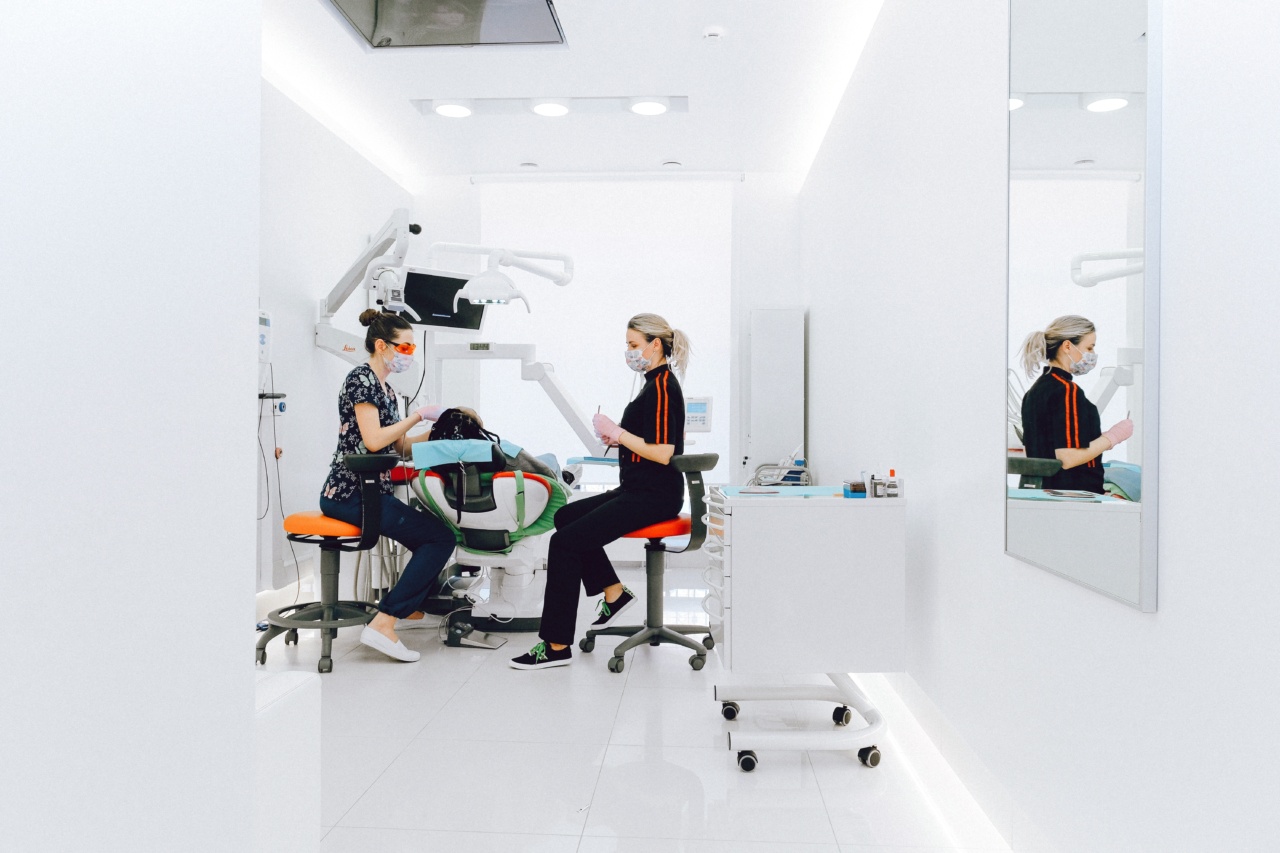Infertility is a prevalent problem among women worldwide, with approximately 10-15% of couples experiencing this issue at some point in their reproductive life.
While infertility can affect both men and women, it is often the women who seek medical assistance, either alone or with their partners. Seeking medical assistance for infertility can be a daunting process, and several factors can influence women’s decisions to do so.
Age
Age is one of the most significant factors influencing women to seek medical assistance for infertility. As women age, their fertility declines, with a considerable drop after the age of 35.
Therefore, women who have been trying to conceive for over a year and are over 35 are more likely to visit a fertility clinic to discuss their options. Women under the age of 35 may be advised to wait a little longer before seeking medical assistance, as chances of natural pregnancy are higher.
Social status
Social status is another significant factor that influences women’s decision to seek medical assistance for infertility. Women of higher socio-economic status (SES) are more likely to seek medical help than women of lower SES.
This could be due to several reasons, including more access to healthcare and a higher level of education, which enables them to understand their options better.
Cultural beliefs
Cultural beliefs can play a significant role in women’s decision to seek medical assistance for infertility. In some cultures, infertility is seen as a taboo subject, and women may feel ashamed or embarrassed to talk about it.
This can prevent women from seeking medical help, thus delaying treatment. In other cultures, women may be encouraged to have multiple children, which may lead them to seek medical help more quickly if they are struggling to conceive.
Access to healthcare
Access to healthcare is one of the most critical factors influencing women’s decision to seek medical assistance for infertility.
Women who live in areas with limited access to healthcare or who cannot afford the costs of fertility treatments may delay seeking medical help. Lack of access to healthcare can also prevent women from receiving accurate diagnoses and appropriate treatment options.
Family pressure
Family pressure can be another factor leading women to seek medical assistance for infertility. Women who come from families with a history of infertility or who have siblings with fertility issues may feel the need to seek medical help sooner.
Women who are in childbearing age and are pressured by family members to conceive may also be more likely to seek medical assistance to increase their chances of getting pregnant.
Prioritizing other commitments
Women who prioritize their career or other commitments may delay seeking medical assistance for infertility. This is particularly true for women who are experiencing no other symptoms apart from not conceiving.
They may feel that they have time to work on other areas of their lives before dedicating their time and resources to seeking medical assistance. However, the longer they delay seeking medical help, the more challenging it may be to conceive naturally.
Stress levels
Infertility can be a stressful experience, and this can also play a role in women’s decision to seek medical assistance. High levels of stress may delay women from seeking help, as they may feel overwhelmed or uncertain about what to do.
However, seeking medical assistance and receiving support from a healthcare provider or therapist can help reduce stress levels and improve mental health.
Partner support
Partner support can also play a significant role in women’s decision to seek medical assistance for infertility. Women who have partners who are supportive and involved in the process may be more likely to seek medical help.
Having a partner who understands and empathizes with their experience can make a significant difference in how women approach seeking medical assistance.
Medical history
Women who have a history of medical conditions that can affect fertility, such as endometriosis or polycystic ovary syndrome, can be more likely to seek medical assistance for infertility.
Similarly, women who have already undergone treatment for other medical conditions and are concerned about the impact on their fertility may also be more motivated to seek help sooner.
Treatment options available
Finally, the treatment options available can also influence women’s decision to seek medical assistance for infertility.
Women who are aware of the various treatment options available, including fertility drugs, intrauterine insemination, and in vitro fertilization, may be more likely to seek medical help if natural conception is not working. Awareness of available treatment options can also help women feel more in control of their situation.
Conclusion
Infertility is a challenging issue that affects many women worldwide. While several factors can influence women’s decision to seek medical assistance, it is essential to understand that seeking help can lead to better outcomes and options.
By addressing the various factors that influence women’s decision-making, health providers and policymakers can work together to ensure that women are empowered to make informed decisions about their reproductive health.































